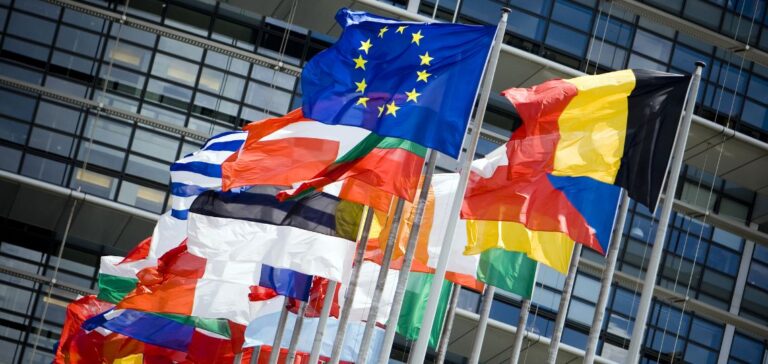The 2010-2020 decade, the hottest on record, bears witness to the acceleration of global warming. With average global temperatures 1.1°C higher than in the pre-industrial era, the devastating effects on the environment are undeniable. Melting glaciers and rising seas, compounded by record temperatures in 2023, highlight the urgent need to significantly reduce greenhouse gas emissions.
Increase in greenhouse gas emissions
Global CO2 emissions, mainly from fossil fuels, have risen by 1.1% in 2022, exacerbating the climate crisis. The United States and China, the main emitters, account for 41% of global emissions. The statistics also reveal that the richest 10% of the world’s population are responsible for almost half of total emissions, exacerbating environmental inequalities.
Emission Reduction Objectives
Faced with this alarming reality, countries’ current commitments put the planet on a warming trajectory of between 2.5°C and 2.9°C by 2100, well beyond the Paris Agreement target. To limit the rise in global temperatures to 1.5°C, a drastic reduction in emissions of 43% below 2019 levels is needed by 2030. However, in the absence of reinforced measures, the 1.5°C threshold could be exceeded within the next seven years.
The Crucial Role of Methane
Methane, the second-largest contributor to global warming after CO2, accounts for around 30% of the rise in temperatures since the industrial revolution. Human activities, particularly agriculture and fossil fuels, are the main sources of methane emissions, underlining the need for effective management and reduction of these emissions.
The Evolution of Renewable Energies
The International Energy Agency points to a remarkable increase in solar power and electric vehicle sales, offering hope of limiting temperature rises to 1.5°C. With optimistic forecasts, wind and solar power could supply 40% of the world’s electricity by 2030, a significant leap on 2015 forecasts.
The current climate change context calls for immediate and decisive global action. Rising temperatures and greenhouse gas emissions call for concerted efforts to adopt renewable energies and meet emission reduction targets, thus avoiding irreversible consequences for the planet.






















